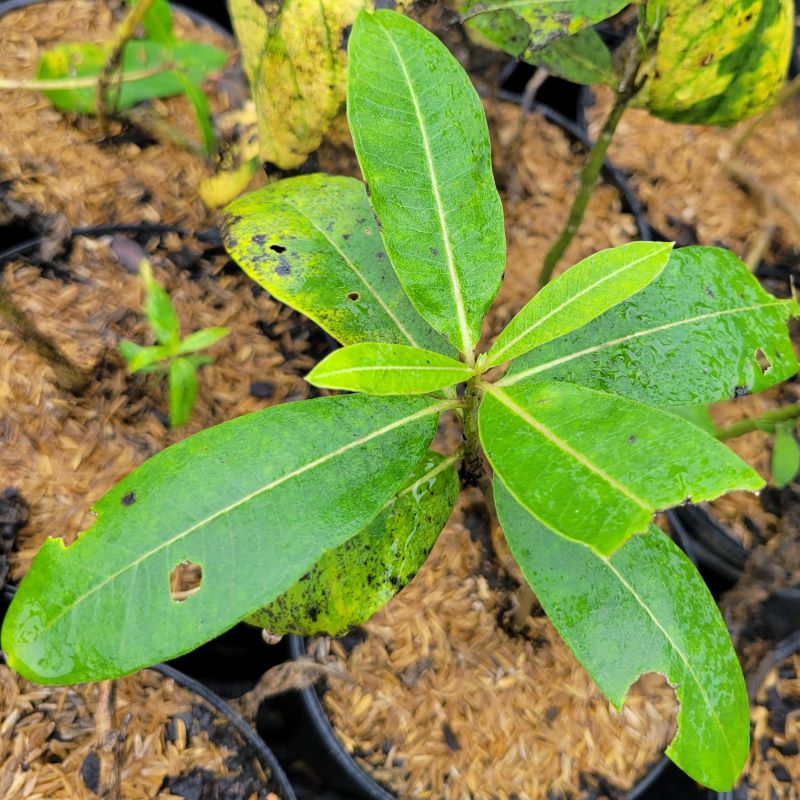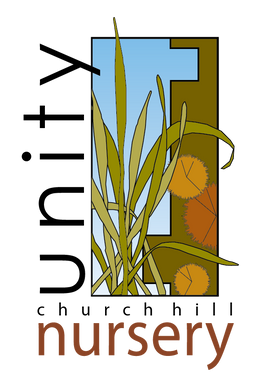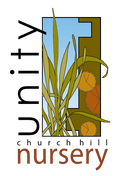
Asclepias syriaca (Common Milkweed) Unity Grown
- In Stock
- Inventory on the way
Asclepias syriaca, also known as common milkweed, is an upright, clumping wildflower native to a variety of habitat types across the United States, common milkweed is best known for its vital role in the life cycle of the monarch butterfly (Danaus plexippus). In the summer, Asclepias syriaca produces showy, fragrant flowers in profuse clusters; though each individual stem may produce only one to three clusters, each cluster of flowers may have around 100 individual blooms, perfect for attracting a variety of pollinators even beyond the beautiful monarch. Flowers range in color from green-white to pink and purple, and complement the plants glossy, wide-lobed foliage wonderfully -- at least until the monarch caterpillars eat it all away!
Asclepias syriaca grows in a variety of habitats, as its copious seed dispersal allows it to colonize barren or disturbed agricultural areas rapidly. Though common milkweed may become a little weedy when left in place, this behavior makes it an excellent addition to wildflower meadows and wild pollinator gardens, but it's also versatile enough to be planted in unsightly drainage ditches and along roadsides. Common milkweed is tolerant of a wide variety of soil types, though it generally prefers sites on the drier side with plenty of sun. While its weedy nature and moderately tall height of 3-5' may make common milkweed a less than ideal choice for small gardens, common milkweed's place as a food source for butterflies, hummingbirds, and bees is nearly unmatched, and their hardiness makes them an excellent choice for disturbed areas and nutrient poor soils. In addition to this species' ornamental and ecological value in the summer, when flowers begin to fade in early autumn, they are replaced by large, interestingly shaped seed pods, which add a ton of multi season interest through the fall and winter.

